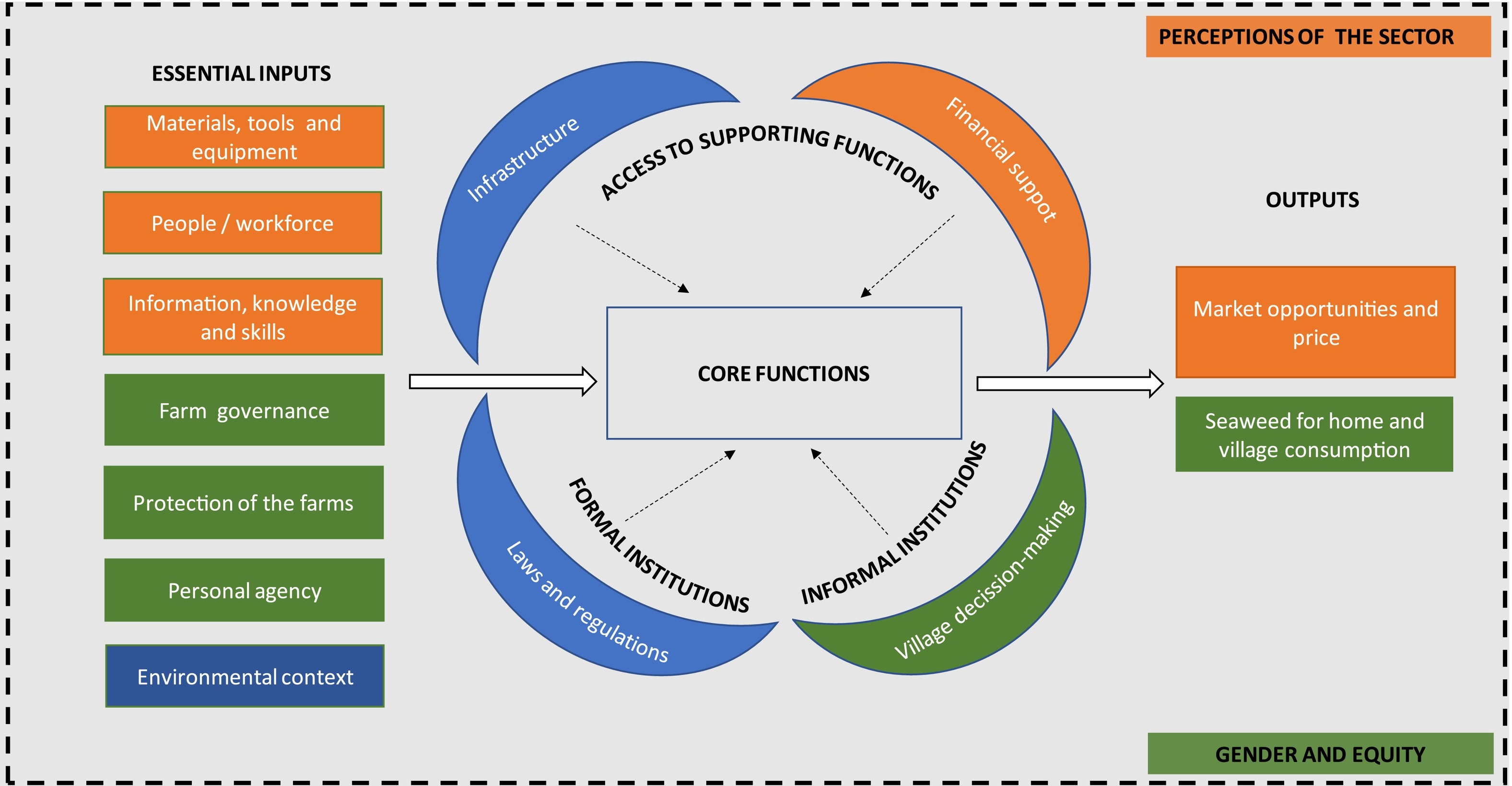Elsevier, High-Confidence Computing, Volume 3, June 2023
Intellectual Property (IP) refers to anything that originates in the human mind, including theories, conceptions, discoveries, anecdotes, works of literature. World Intellectual Property Day 2024 is highlighting the critical importance of intellectual property (IP) in catalyzing the human innovation and creativity needed for achievement of the United Nations Sustainable Development Goals (SDGs). This paper discusses the existing IP rights and breakthroughs in the field of IPP research; provides discussions on hardware IP and software IP attacks and defense techniques; summarizes different applications of IP protection; and identifies the challenges and future research prospects in hardware and software IP security.
Elsevier, World Patent Information, Volume 73, June 2023
“From electric vehicles to lifesaving drugs, clean and green tech, to AI and digital technologies – IP can be the vehicle to turn bold new ideas into real world impact” said World Intellectual Property Organisation (WIPO) Director General Daren Tang in a video address to mark World IP Day 2024. This paper proposes a responsible intellectual property (IP) strategy (R-IPS) framework based on five exploratory case studies of sustainable companies in energy, nutrition, consumer electronics, manufacturing and water treatment sectors. These companies responsibly use IP assets to create positive social and environmental impact (or reduce negative impact), and unlock new opportunities for financial (economic) gains.
Elsevier, Journal of Co-operative Organization and Management, Volume 11, June 2023
World Intellectual Property Day 2024 is highlighting the critical importance of intellectual property (IP) in catalyzing the human innovation and creativity needed for achievement of the United Nations Sustainable Development Goals (SDGs). This paper integrates innovation research with intellectual property law to explore how such a systemic collaboration for sustainable innovation should be characterised, and how the intellectual property rights (IPR) system could be shaped to support it. The paper highlights that reaching sustainability objectives depends on system-level innovations; system-level innovation for sustainability calls for new forms of collaboration; current IPR regime limits systemic collaborations for sustainable innovations and new IPR system and tools are needed to facilitate systemic collaboration.
Elsevier,
The Lancet Regional Health - Western Pacific, Volume 35, June 2023
First Nations children and adolescents in Australia experience one of the highest reported rates of treatable skin infections in the world, authors of this study gathers information from relevant communities through culturally appropriate, semi-structured interviews, or ‘yarning sessions’. This approach has allowed the authors to centre First Nations voices, identifying strengths and gaps in available resources, services and education to reduce these infections.
Elsevier,
The Lancet Planetary Health, Volume 7, June 2023
This Review supports SDGs 3, 10, and 15 by examining evidence on Indigenous People's mental health related to resource industries in settler colonial states. It shows that land is central to Indigenous people's mental health, and that land dispossession due to industrial development negatively impacted mental health in Indigenous communities.

